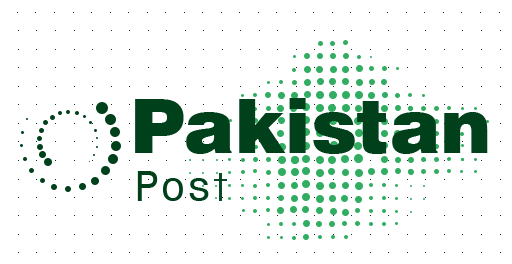Pakistan has made significant strides in its fight against poliovirus. However, the recent detection of Type-1 Wild Poliovirus (WPV1) in environmental samples from several new districts serves as a crucial reminder that the battle is far from over. This article explores the ongoing efforts to eradicate poliovirus in Pakistan, the challenges that remain, and the importance of continued vigilance.
Fresh Concerns: WPV1 Detected in New Areas
The confirmation of WPV1 in previously unaffected districts like Bannu, Lakki Marwat, Swabi, and Swat raises concerns. These detections, identified through environmental surveillance by the National Institute of Health (NIH), indicate the circulation of the virus in these areas. While not direct cases of polio infection, the presence of the virus in the environment underscores the risk of outbreaks if children are not fully vaccinated.
Early Detection: A Window of Opportunity
The positive environmental samples, collected in April 2024, offer a valuable window of opportunity. By identifying the presence of the virus early, health officials can implement targeted vaccination campaigns in the affected districts. These campaigns focus on reaching every child under five years old with multiple doses of the polio vaccine, ensuring strong immunity and interrupting the transmission cycle of the virus.
Renewed Commitment from the Government
Prime Minister Shehbaz Sharif’s recent meeting with a delegation from the Global Polio Eradication Initiative (GPEI) highlighted the government’s unwavering commitment to polio eradication. The Prime Minister emphasized collaboration with international partners like the GPEI and national institutions like the NIH. This collaboration strengthens the national polio eradication program by providing technical expertise, financial resources, and support for logistics and infrastructure.
Public Awareness: Building Trust and Addressing Hesitancy
A critical aspect of the fight against poliovirus is public awareness. Prime Minister Sharif’s directive for a joint awareness campaign with the GPEI is a positive step. Educating communities about the importance of polio vaccination and addressing vaccine hesitancy are essential for achieving high immunization coverage.
Challenges Persist: Reaching Every Child and Ensuring Security
Despite the progress made, Pakistan faces several challenges in its pursuit of polio eradication. Reaching every child with the vaccine remains a hurdle, particularly in remote areas and conflict zones. Additionally, ensuring the safety of vaccination teams working in these areas is critical. Attacks on vaccination teams have hampered progress in the past, and continued efforts are needed to create a safe environment for health workers.
The Road to Eradication: Collaboration and Continued Vigilance
The ongoing detection of poliovirus in Pakistan underscores the need for sustained efforts. Continued vaccination campaigns, coupled with robust public awareness initiatives, are crucial. Collaboration between the government, international organizations like the GPEI, and local communities is vital to overcome the remaining challenges. By remaining vigilant and committed, Pakistan can finally achieve the goal of polio eradication and protect its children from this debilitating disease.


